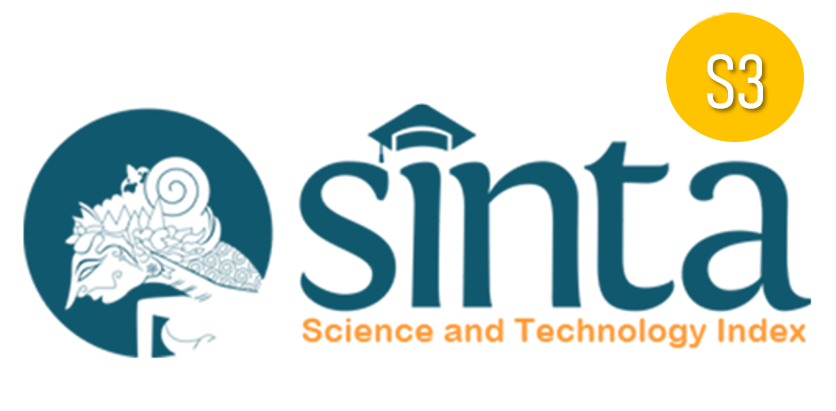The Role of AI in Shaping Effective Teaching Strategies: A Multiple Case Study
Abstract
Keywords
Full Text:
PDFReferences
Artuso, A. R., and Graf, S. T. (2020). Science and math courses in a Danish digital learning platform – What makes them more or less popular? IARTEM Journal, 12(1), 1–35.
Bacolod, D. B. (2022). Mobile learning as a solution for restricted learning during the COVID-19 pandemic. Journal of Digital Educational Technology, 2(1), ep2203.
Baskarada, S. (2014). Qualitative case studies guidelines. The Qualitative Report, 19(40), 1–25.
Baxter, P., and Jack, S. (2008). Qualitative case study methodology: Study design and implementation for novice researchers. The Qualitative Report, 13(4), 544–559.
Crowe, S., Cresswell, K., Robertson, A., Huby, G., Avery, A., and Sheikh, A. (2011). The case study approach. BMC Medical Research Methodology, 11(1), 100.
Estrellado, C. J., and Miranda, J. C. (2023). Artificial intelligence in the Philippine educational context: Circumspection and future inquiries. International Journal of Scientific and Research Publications, 13(5), 16–22.
Nuryadin, R., and Marlina, M. (2023). The use of AI (Artificial Intelligence) in education-(literature review). Indonesian Journal of Primary Education, 7(2), 143-158.
Rashid, Y., Rashid, A., Warraich, M. A., Sabir, S. S., and Waseem, A. (2019). Case study method: A step-by-step guide for business researchers. International Journal of Qualitative Methods, 18, 1609406919862424.
Romaioli, D. (2022). A generative sequential mixed methods approach using quantitative measures to enhance social constructionist inquiry. Journal of Mixed Methods Research, 16(2), 207–225.
Slimi, Z., and Carballido, B. V. (2023). Navigating the ethical challenges of artificial intelligence in higher education: An analysis of seven global AI ethics policies. TEM Journal, 12(2), 590-602.
Tai, M. C. T. (2020). The impact of artificial intelligence on human society and bioethics. Tzu Chi Medical Journal, 32(4), 339–343.
Thongprasit, J., and Wannapiroon, P. (2022). Framework of an artificial intelligence learning platform for education. International Education Studies, 15(1), 76.
DOI: https://doi.org/10.17509/ijert.v5i3.86322
Refbacks
- There are currently no refbacks.
Copyright (c) 2025 Universitas Pendidikan Indonesia (UPI)

This work is licensed under a Creative Commons Attribution-ShareAlike 4.0 International License.







.png)




